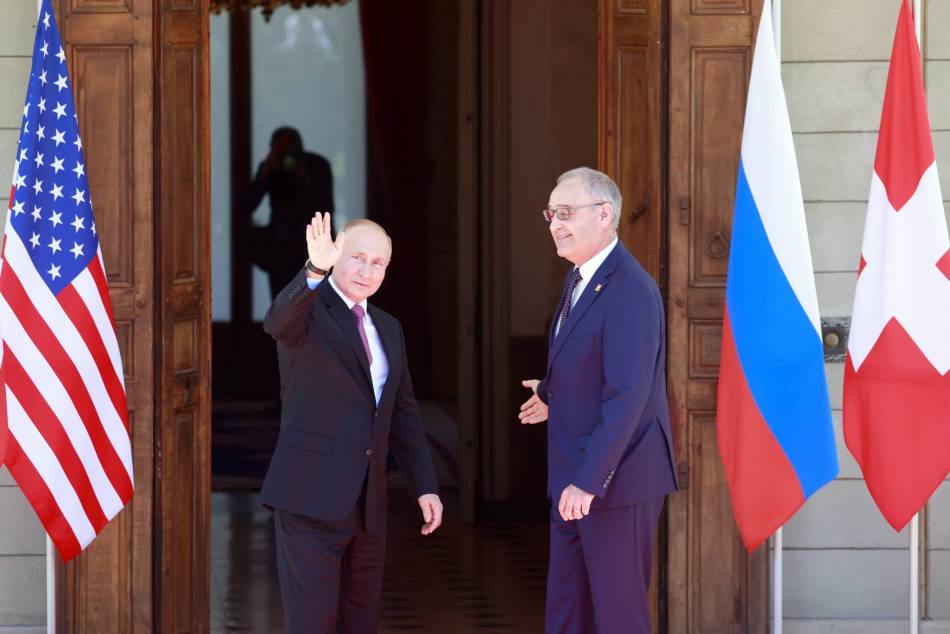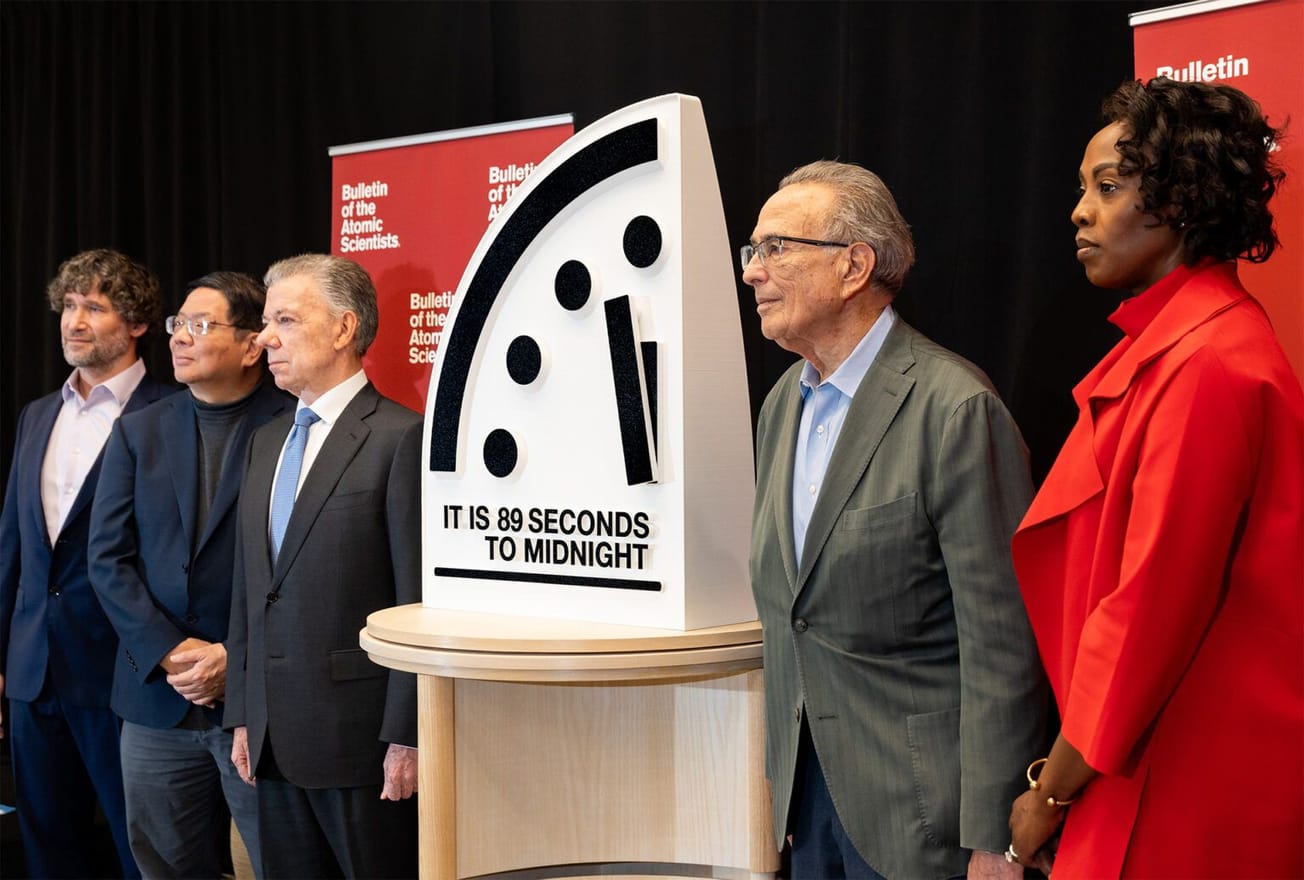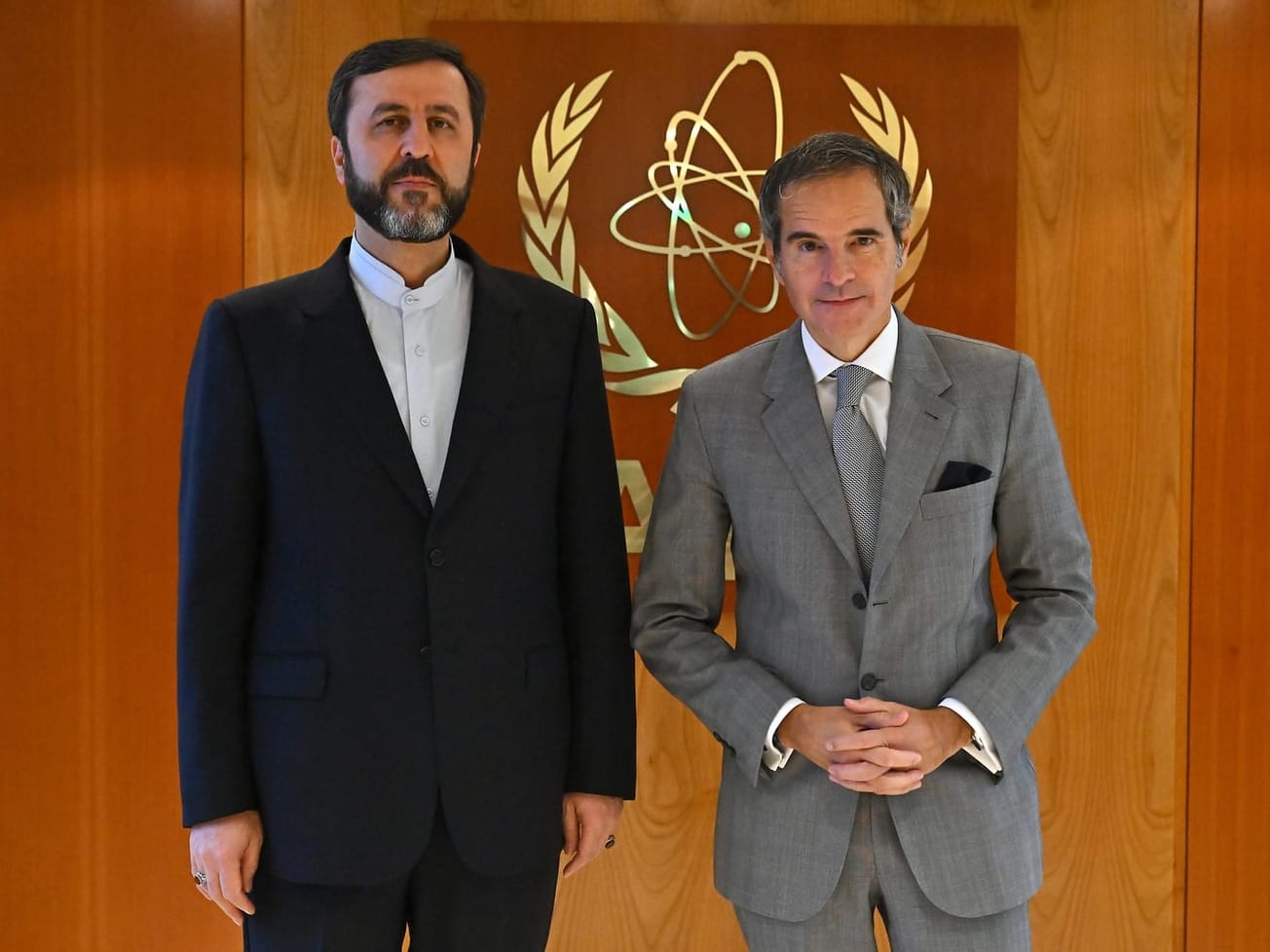GENEVA (AN) — Diplomats from the United States and Russia held "professional and substantive" discussions in Geneva on Wednesday seeking ways to defuse rising tensions and avoid a new nuclear arms race, according to U.S. State Department officials.
The talks between delegations led by U.S. Deputy Secretary of State Wendy Sherman and Russian Deputy Foreign Minister Sergey Ryabkov resulted from the U.S.-Russia summit at Geneva in mid-July between Russian President Vladimir Putin and U.S. President Joe Biden.
The two sides met at the U.S. diplomatic outpost in Geneva and agreed to meet again later this year despite no immediate breakthrough, according to U.S. and Russian officials.
"This meeting follows up on a commitment made between President Biden and Russian President Putin to have a deliberate and robust dialogue between our two nations that will seek to lay the groundwork for future arms control and risk reduction measures," the State Department said.
The department's spokesman, Ned Price, said the United States signaled it remains committed, even in times of tension, to ensuring predictability and reducing the risk of armed conflict and threat of nuclear war.
"Today’s meeting in Geneva was the beginning of this dialogue with the Russian Federation," he said. "The U.S. delegation discussed U.S. policy priorities and the current security environment, national perceptions of threats to strategic stability, prospects for new nuclear arms control, and the format for future Strategic Stability Dialogue sessions."
Price called the talks "professional and substantive," and said the two delegations agreed to meet again in a plenary session at the end of September and to hold informal consultations before then, so they can determine which topics their expert working groups should tackle.
Today, delegations from the #US and #Russia are discussing arms control and non-proliferation in Geneva. Our Chairman @ischinger signed a joint statement by @theELN, calling on the P5 to affirm that “a #nuclear war cannot be won and must never be fought”. https://t.co/ar6EppKmej
— Munich Security Conference (@MunSecConf) July 28, 2021
The path through Geneva
Earlier this month the leaders of several international leadership groups that are focused on security issues signed a statement calling on nuclear-armed Britain, China, France, Russia and the United States — the five permanent members of the 15-nation United Nations Security Council — to jointly reaffirm that nuclear wars cannot be won and must never be fought.
"This principle is fundamental to ensuring predictability, reducing the risk of armed conflicts and the threat of nuclear war," the groups said in their joint statement.
The U.S. and Russia agreed to renew the New START Treaty for another five years in February just before it was set to expire. The treaty was extended without any changes made to it.
Former U.S. President Donald Trump allowed the 1987 Intermediate-Range Nuclear Forces Treaty to expire in 2019. It had been signed by former President Ronald Reagan and Soviet leader Mikhail Gorbachev to ban the use of all U.S. and Soviet land-based ballistic and cruise missiles that could strike targets between 500 and 5,500 kilometers away.
At the Swiss-hosted summit, Biden and Putin agreed to restore ambassadors to their postings in Moscow and Washington and to begin negotiating a replacement for the New START Treaty — the last remaining major U.S.-Russia nuclear arms treaty — which expires in 2026.
The two leaders also discussed China’s growing ambitions, Russia's aggression in Ukraine, Belarus protests, Russia-based cyber attacks, climate change and human rights issues.
Russia's Foreign Ministry said Wednesday's talks in Geneva between the delegations led by Ryabkov and Sherman were held at the U.S. Mission to the United Nations and other international organizations in Geneva, and focused on arms control and reducing risk.
"In compliance with the instruction of the presidents of the two countries, the sides comprehensively discussed their approaches towards maintaining strategic stability, the prospects of arms control and risk reduction measures," the ministry said in a statement carried by Russian state news agency TASS. "They touched upon various aspects of further developing interaction on these issues."








